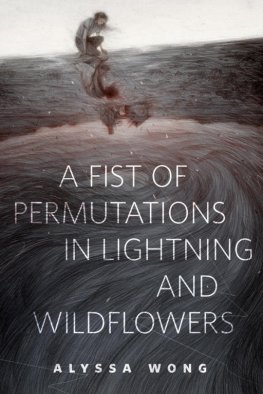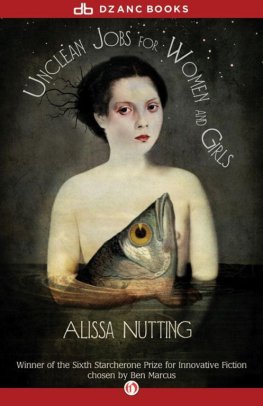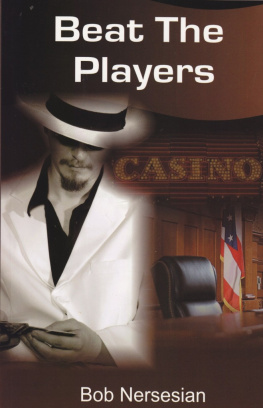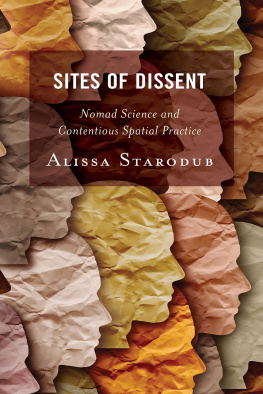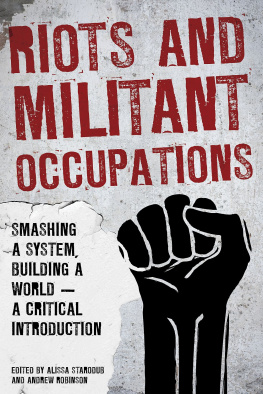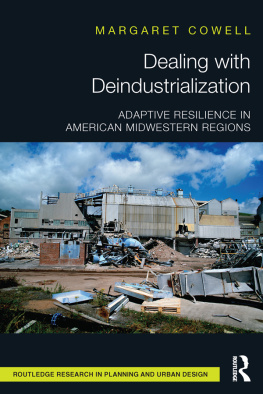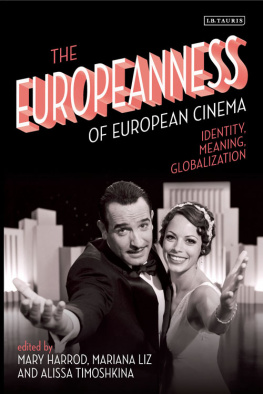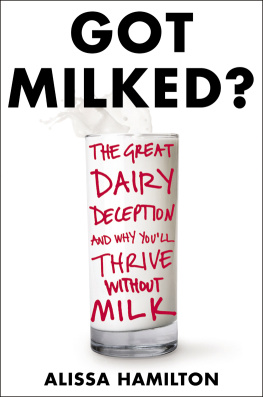Deindustrialization and Casinos
As governments increasingly legalize and expand the availability of casinos, hoping to offset the impacts of manufacturing decline through the advancement of gambling commerce, this book examines what casinos doand do not dofor host communities in terms of economic growth. Examining the case generally made by those seeking to establish casino developmentsthat they offer benefits for the public goodthe author draws on a case study of Canadas automotive capital (Windsor, Ontario), which was a pilot site for potential further casino development in the region. The author asks whether casinos do, in fact, offer good jobs, revenue generation, and economic diversification. A study of the benefits of casino developments that considers the question of whether they constitute a ready answer to the problems of industrial and economic decline, this volume will appeal to scholars of sociology and urban studies, with interests in the gambling industry, economic sociology, the sociology of work, and urban regeneration.
Alissa Mazar, PhD, was a doctoral candidate at McGill University, Canada, and a research project manager and research associate in the School of Public Health and Health Sciences at the University of Massachusetts Amherst, USA, when this book was written. She currently works at Innovation, Science and Economic Development Canada as a Policy Officer in the Tourism Branch. The research and views expressed in this book in no way reflect the views of the Government of Canada.
Routledge Studies in Urban Sociology
This series presents the latest research in urban sociology, welcoming both theoretical and empirical studies that focus on issues including urban conflict, politics and protest, social exclusion and social inclusion, urban regeneration and social class, and the ways in which these affect the social, economic, political, and cultural landscape of urban areas.
Deindustrialization and Casinos
A Winning Hand?
Alissa Mazar
Urban Regeneration and Neoliberalism
The New Liverpool Home
Clare Kinsella
For more information about this series, please visit: https://www.routledge.com/sociology/series/RSUS
First published 2021
by Routledge
2 Park Square, Milton Park, Abingdon, Oxon OX14 4RN
and by Routledge
52 Vanderbilt Avenue, New York, NY 10017
Routledge is an imprint of the Taylor & Francis Group, an informa business
2021 Alissa Mazar
The right of Alissa Mazar to be identified as author of this work has been asserted by her in accordance with sections 77 and 78 of the Copyright, Designs and Patents Act 1988.
All rights reserved. No part of this book may be reprinted or reproduced or utilised in any form or by any electronic, mechanical, or other means, now known or hereafter invented, including photocopying and recording, or in any information storage or retrieval system, without permission in writing from the publishers.
Trademark notice: Product or corporate names may be trademarks or registered trademarks, and are used only for identification and explanation without intent to infringe.
British Library Cataloguing-in-Publication Data
A catalogue record for this book is available from the British Library
Library of Congress Cataloging-in-Publication Data
Names: Mazar, Alissa, 1987 author.
Title: Deindustrialization and casinos : a winning hand? / Alissa Mazar.
Description: Abingdon, Oxon ; New York, NY : Routledge, 2020. |
Series: Routledge studies in urban sociology | Includes bibliographical references and index.
Identifiers: LCCN 2020020715 (print) | LCCN 2020020716 (ebook) | ISBN 9780367463816 (hardback) | ISBN 9781003028505 (ebook)
Subjects: LCSH: DeindustrializationOntarioWindsorCase studies. | CasinosOntarioWindsorCase studies. | Economic developmentOntarioWindsorCase studies. | Windsor (Ont.)Economic conditionsCase studies.
Classification: LCC HD5708.55.C22 O555 2020 (print) | LCC HD5708.55.C22 (ebook) | DDC 338.4/77950971332dc23
LC record available at https://lccn.loc.gov/2020020715
LC ebook record available at https://lccn.loc.gov/2020020716
ISBN: 978-0-367-46381-6 (hbk)
ISBN: 978-1-003-02850-5 (ebk)
Typeset in Times New Roman
by codeMantra
To my late grandmother, Anne Bural (ne Kost). The joy that a night out at Casino Windsor brought you inspired my research. Your strength, wit, and magnetic personality have inspired my life. I love and miss you.
This book would have not been possible without the unwavering support of Dr Elaine Weiner. Elaine, your invaluable insights, exceptional availability, and continual encouragement saw me through this process. You offered the wisdom and strength needed to navigate and complete this journey. I will be forever grateful for your mentorship and your ability to bring warmth and humour into even the most challenging situations. Thank you for demanding excellence, being a friend, and always being only a phone call away. It has been a privilege to work with you.
Thank you to the business, labour, and political representatives from Windsor, Ontario, who took the time to speak with me about Casino Windsor. I would also like to thank the automotive workers from Windsors Chrysler Assembly plant and the Ford Engine plant, who were willing to sit down with me at various Tim Hortons across Windsor and enthusiastically participate in interviews. I would also like to thank CAW/Unifor Local 444 union leadership, who provided an avenue to interview Casino Windsor workers. Thank you to the Casino Windsor workers who participated in interviews and trusted me to ensure their confidentiality. This book would have not been possible without all of you.
This book would have not been possible without the financial support of several agencies and institutions. I would like to thank the Social Science and Humanities Research Council of Canada for the Joseph-Armand Bombardier Canadian Graduate Scholarship Doctoral Award (20112014), the McGill Institute for the Study of Canada for the two H. Anthony Hampson Awards (20152017), and the Department of Sociology at McGill for top-up and data collection monies. McGills Faculty of Arts also provided financial support to present my findings at conferences.
I would like to thank Dr Barry Eidlin for taking the time to share his expertise on labour unions, which was pivotal in helping me realize the chapter The Canadian Auto Workers, the New Democratic Party, and the casino industry: a struggle over wages. I would also like to thank Dr Sarah Brauner-Otto for providing valuable recommendations during the design of my research project. I also benefitted from conversations with Dr Steven Rytina, who enthusiastically offered insights into approaching this topic. Thank you to Berenica Vejvoda, McGill Associate Librarian, who provided much support in acquiring custom tabulations from Statistics Canada. I also benefited from the guidance of Dr Rachel Volberg, who, in the initial stages of creating my research proposal, provided feedback and reassured me that studying the impacts of expanded gambling was important and necessary. Thank you to Dr Ismael Vaccaro, whose expertise in tourism developments globally pushed me to think more broadly about the relevance of my research. I would also like to thank Dr Steven High, who offered thoughtful insights in placing the case of Casino Windsor in the broader context of industrial decline in the Windsor-Detroit area. Thank you to Dr Katy Fallon for showing me the value of collaborative work and offering thoughtful guidance in navigating academia and the job market. And thank you to the defence committee membersDr Elaine Weiner, Dr James Cosgrave, Dr Jan Doering, Dr Steven High, Dr Mort Weinfeld, and Dr Eran Shorwho served in the evaluation of a thesis upon which this book is based.


